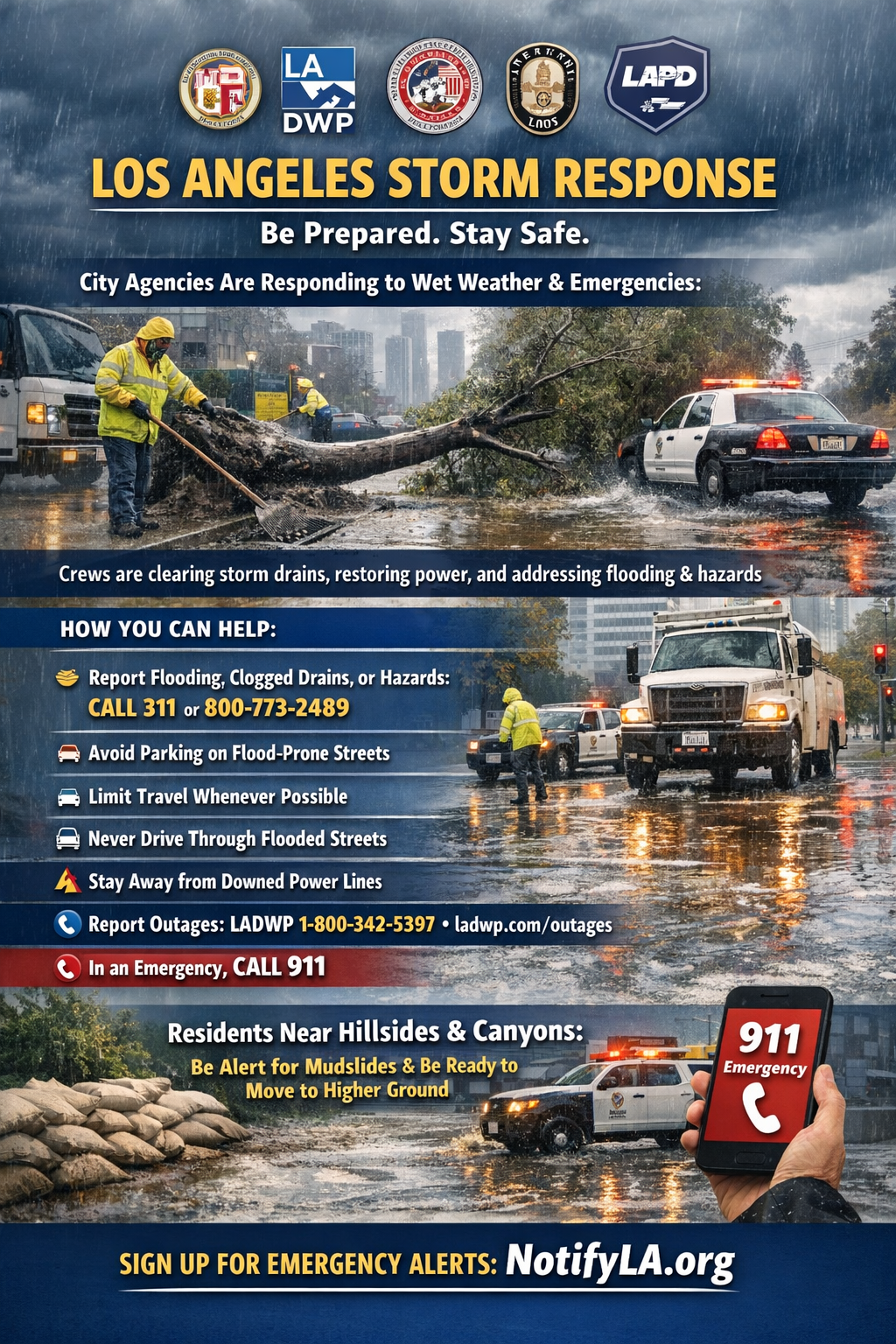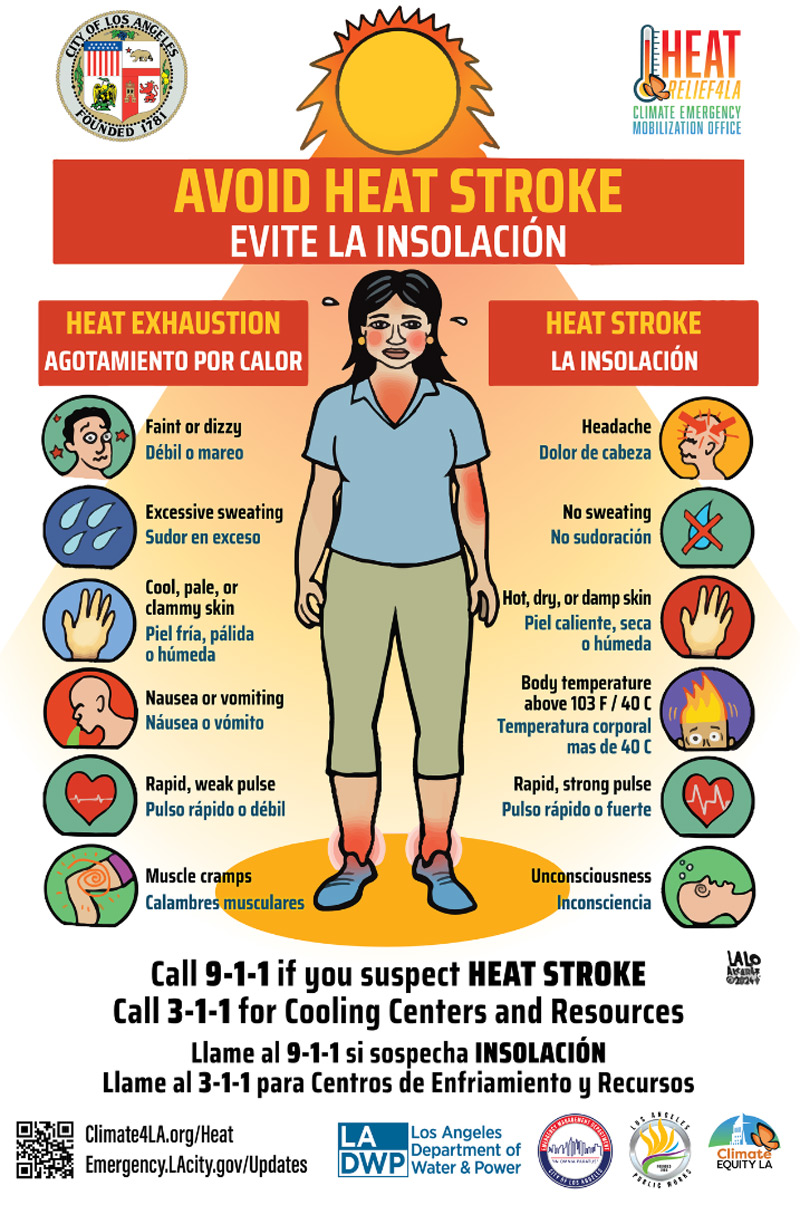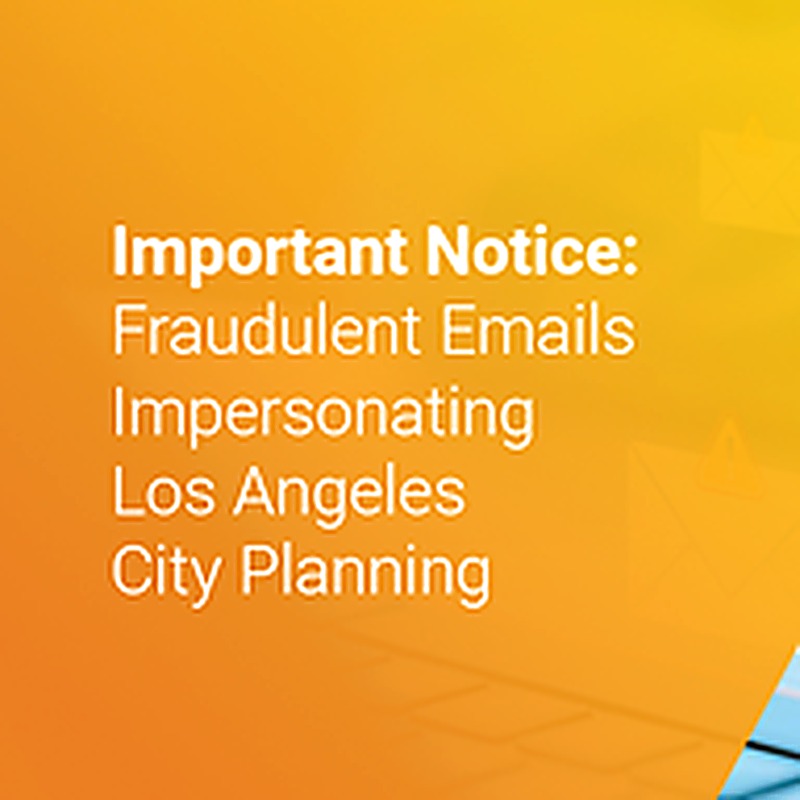
Recognizing Heat Exhaustion
Heat exhaustion can develop after several days of exposure to high temperatures and inadequate fluid intake. Look out for these signs:
- Faint or Dizzy: Feeling lightheaded is a common symptom.
- Excessive Sweating: Sweating profusely is your body’s way of trying to cool down.
- Cool, Pale, or Clammy Skin: Your skin may feel cold and look pale.
- Nausea or Vomiting: Feeling sick to your stomach is a warning sign.
- Rapid, Weak Pulse: Your heartbeat may feel fast but weak.
- Muscle Cramps: Painful muscle cramps are a common symptom.
If you experience any of these symptoms, it’s essential to move to a cooler place, drink water, and use cool compresses to lower your body temperature.
Recognizing Heat Stroke
Heat stroke is a severe condition that requires immediate medical attention. Here are the critical signs:
- Headache: A severe headache can be a warning sign.
- No Sweating: Unlike heat exhaustion, you may stop sweating.
- Hot, Dry, or Damp Skin: Your skin may feel hot and dry or damp.
- Body Temperature Above 103°F (40°C): A high body temperature is a critical sign.
- Rapid, Strong Pulse: Your heartbeat may feel fast and strong.
- Unconsciousness: Fainting or loss of consciousness is an emergency.
If you or someone else shows signs of heat stroke, call 9-1-1 immediately. Move to a cooler environment and try to lower the body temperature with cool cloths or a cool bath.
Stay Cool and Hydrated
To prevent heat-related illnesses, follow these tips:
- Stay Hydrated: Drink plenty of water throughout the day.
- Wear Light Clothing: Dress in lightweight, light-colored, and loose-fitting clothes.
- Take Breaks: If you’re working or exercising outside, take frequent breaks in the shade or indoors.
- Use Fans and Air Conditioning: Stay in air-conditioned places as much as possible.
Resources
For more information and resources on how to stay safe during hot weather, visit the Climate Emergency Mobilization Office and the Los Angeles Department of Water & Power.
Remember, your health and safety are paramount. By staying informed and taking precautions, you can enjoy the summer while avoiding the dangers of heat stroke and heat exhaustion.



